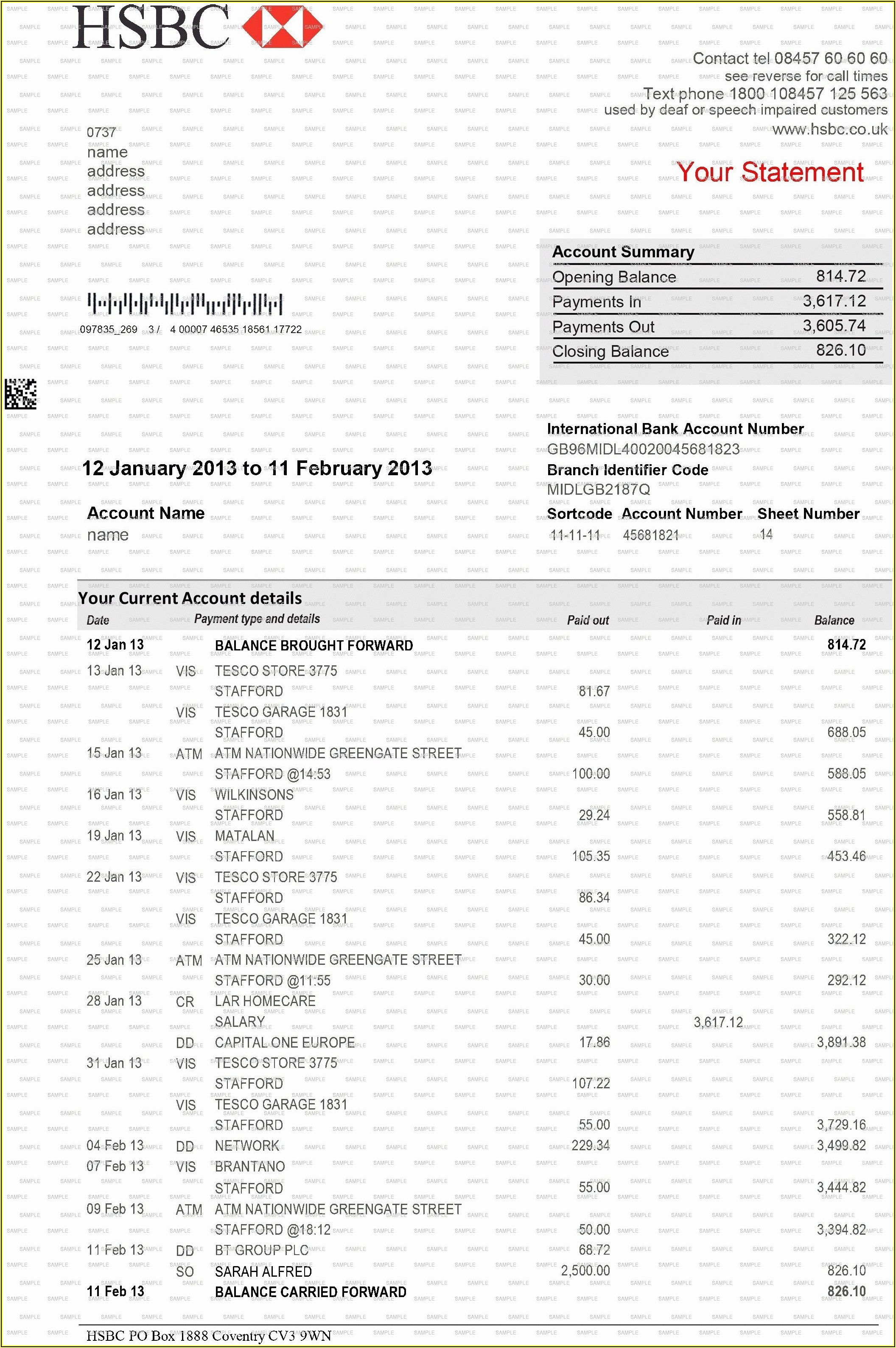
Bank of America will never text, email or call you asking for personal or account information. Never click a link or download an attachment from someone you don't know.

The most common types of scams will target you through fake emails, text messages, voice calls, letters or even someone who shows up at your front door unexpectedly. Trust your instincts and if something doesn't seem quite right, check with a trusted family member or friend for a second opinion. If something sounds too good to be true, it usually is. The bottom line: Don't divulge your personal or financial information unless you are the one initiating contact directly with your bank or a trustworthy company. It's also a good idea to assess your security level using our Security Meter in mobile and online banking.

They'll tell an alarming story to pressure you to act quickly, but their ultimate goal is to get you to give them personal or financial information or have you send money before you have time to think about it.īe sure to use features like multifactor authentication and activity alerts that make your accounts harder to access AND keep you connected to what's going on with your money. They'll create a send of urgency to catch you off guard.Always remember that your bank won't call you asking for any personal information. They'll manipulate caller ID so it looks like someone you know, a local phone number, or a company you deal with is calling. They'll pretend to be someone you know to gain your trust. Share as little personal information on social media as possible to reduce what scammers can use against you. By the time they contact you, they're armed with enough information to create a convincing story. Scammers gather a lot of personal information online, and we often make it easy for them. Scammers will use what you share on social media.

Remember, scammers may change their story, but the basic tactics they use are often the same. Don't let your friends and family fall for their tactics! Here are some great tips to share with your kids, your parents, and other family and friends, to help them keep an eye out for scams.

Scammers are sophisticated and constantly hunting for new ways to take advantage of us.


 0 kommentar(er)
0 kommentar(er)
